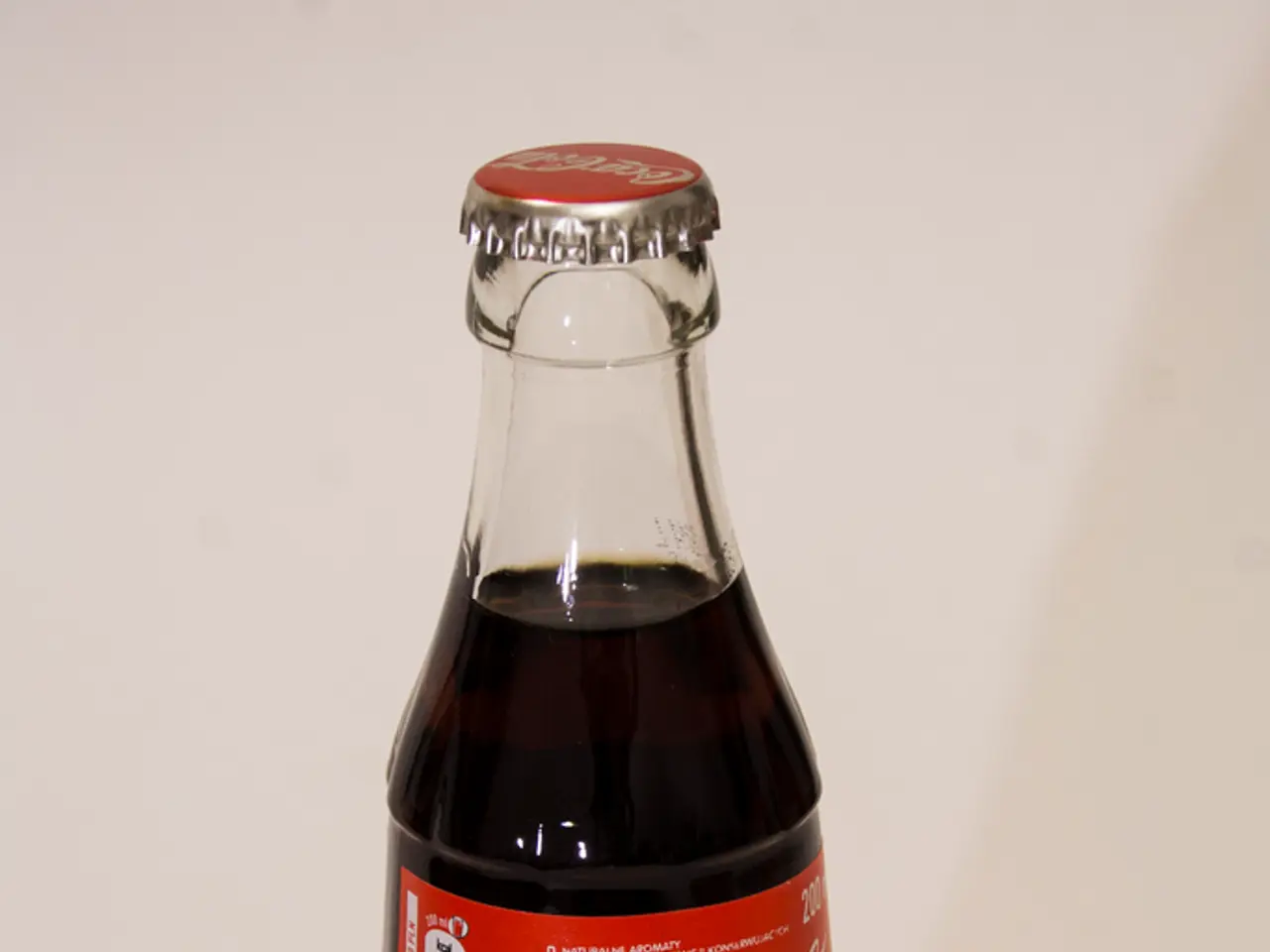Are Mocktails Healthy Choices?
In recent years, the market for nonalcoholic beverages has expanded significantly, offering a variety of options for those looking to transition away from alcohol or simply enjoy a healthier lifestyle. One such option is mocktails, drinks that resemble cocktails but do not contain alcohol.
Mocktails can be a beneficial choice for those seeking to reduce their alcohol intake, as they may help in avoiding sleep disruptions, mental health problems like anxiety or depression, cognitive health issues, gastrointestinal problems, and liver disease [1]. However, it's important to approach this new lifestyle with caution, as not all nonalcoholic drinks are created equal.
Nonalcoholic drinks, including mocktails, can come with their own set of nutritional considerations. Primarily, these involve the calorie content, sugar levels, ingredient quality, and potential functional health benefits [2].
Many mocktails can be high in sugar and calories, especially those made with fruit juices and syrups. For example, a sparkling cranberry mocktail can contain 45 calories and 11 grams of sugar per serving [1]. On the other hand, low or zero-sugar options, like some commercial zero sugar mocktails, can contain very few or no calories and carbs [3].
Health-conscious mocktails increasingly use whole-food, functional ingredients such as probiotics (for digestive health), adaptogens (for stress relief), antioxidants (e.g., turmeric, ginger, berries), and vitamin/mineral-rich botanicals such as elderflower or hibiscus [2]. These ingredients not only add flavour but also offer potential health benefits, such as supporting gut health, reducing inflammation, or promoting immunity and skin health [2].
Some recipes reduce added sugar by using alternatives like erythritol, which lowers calorie and sugar content but maintains sweetness [1]. It's essential to be mindful of portion sizes, as homemade mocktails can still be high in calories and sugar if sweeteners are used excessively.
It's important to note that while mocktails can be a part of a healthier lifestyle, they are not explicitly healthy drinks. Those mindful of nutrition should focus on whole foods, limiting added sugars, considering alternative sweeteners, and choosing or making mocktails that offer vitamins, minerals, and functional ingredients supporting overall health [2][1][5].
When exploring an alcohol-free lifestyle, it's crucial to be sensitive to personal history with alcohol, especially when it comes to drinks that are modeled after alcoholic cocktails, as they may trigger someone into relapse. If you're having trouble managing your drinking, there are tools available to help, and it's never a bad idea to check in with a doctor about nonalcoholic drink options.
The makers of nonalcoholic drinks often add supplements like B12, L-theanine, and L-tyrosine, and it's important to check with a healthcare provider about safe intake. Healthcare providers and physicians generally advise cutting down on alcohol as it's beneficial for health and mental well-being [4].
In conclusion, while mocktails can be a delicious and refreshing alternative to alcoholic drinks, it's essential to approach them with a mindful eye towards nutrition. Registered dietitian Beth Czerwony advises, "If you don't drink, don't start, and if you feel like you need to cut down, you probably should." [4] Always remember to prioritise your health and well-being when making choices about what to drink.
[1] Nutritionix. (2021). Sparkling Cranberry Mocktail Nutrition Facts. Retrieved from https://www.nutritionix.com/food/sparkling-cranberry-mocktail [2] Czerwony, B. (2020). Mocktails: A Healthy Alternative to Alcoholic Drinks. Retrieved from https://www.eatthis.com/mocktails-healthy-alternative-alcoholic-drinks/ [3] Zero Sugar. (2021). Zero Sugar Mocktail Nutrition Facts. Retrieved from https://www.zerosugar.com/products/mocktails [4] Czerwony, B. (2021). Mocktails: The Ultimate Guide to Non-Alcoholic Drinks. Retrieved from https://www.health.com/nutrition/mocktails-ultimate-guide-to-non-alcoholic-drinks [5] Healthline. (2021). Lime Mint Mojito Nutrition Facts. Retrieved from https://www.healthline.com/nutrition/lime-mint-mojito-nutrition-facts
- The expansion of the nonalcoholic beverage market offers various options for those aiming to prioritize health and wellness, with mocktails being one such choice that mimics cocktails but contains no alcohol.
- Mocktails, while beneficial for reducing alcohol intake and its associated health risks, can still have a high calorie and sugar content, particularly in drinks made with fruit juices and syrups.
- To create healthier mocktails, consider using whole-food, functional ingredients such as probiotics, adaptogens, antioxidants, and botanicals that offer numerous potential health benefits.
- A mindful approach to nutrition is crucial when exploring an alcohol-free lifestyle, with a focus on whole foods, limiting added sugars, considering alternative sweeteners, and maintaining overall health and well-being.




